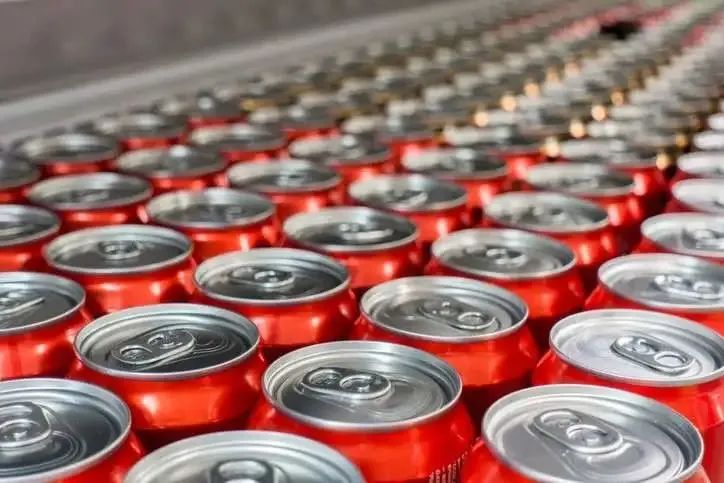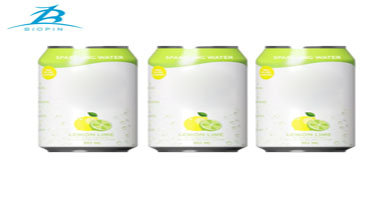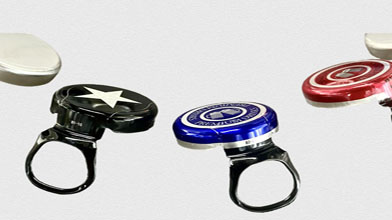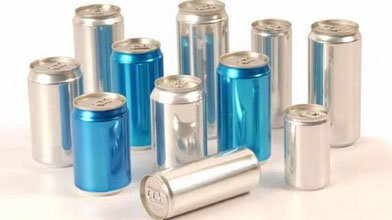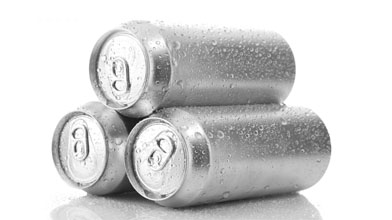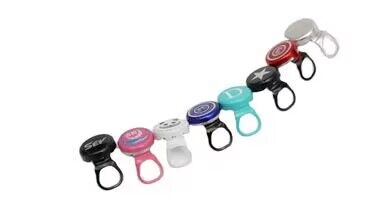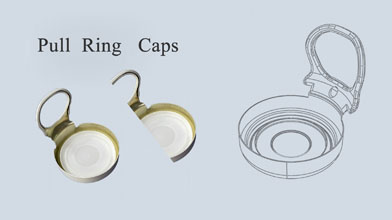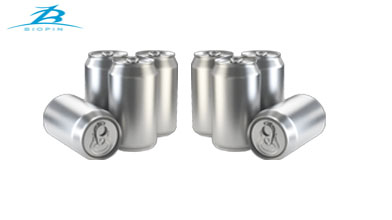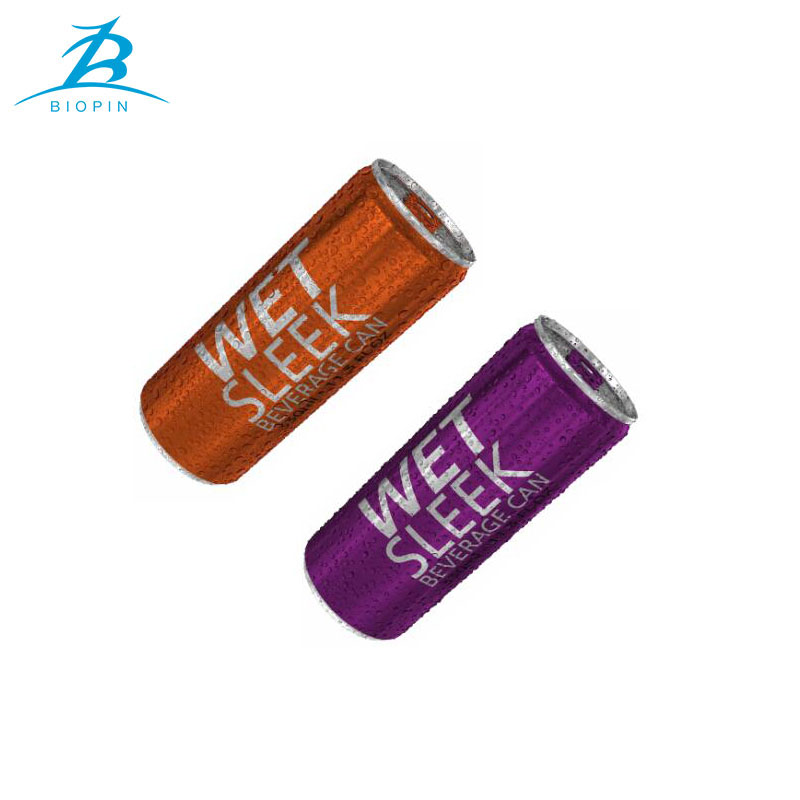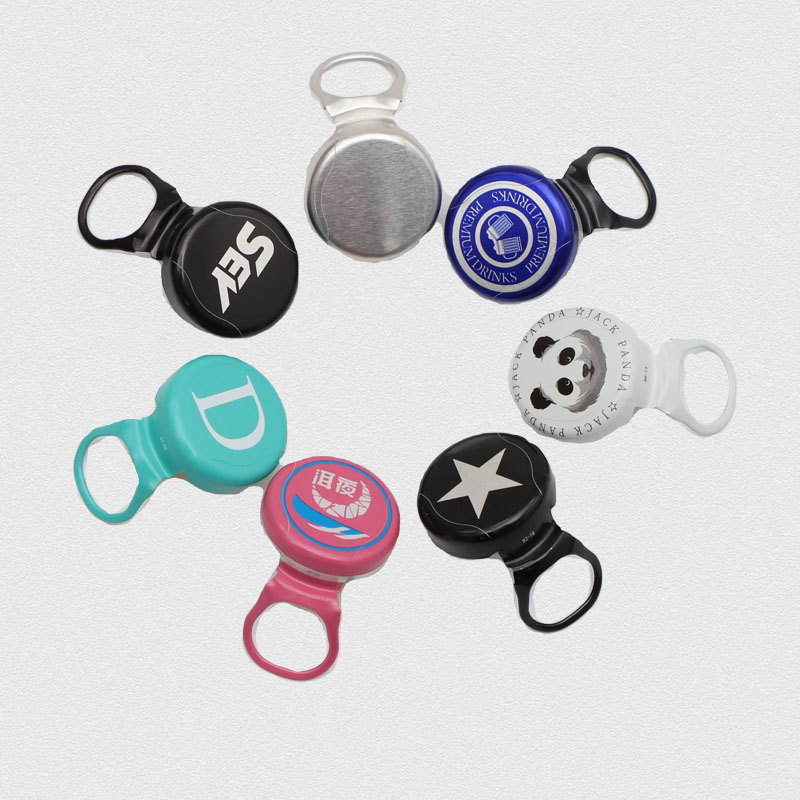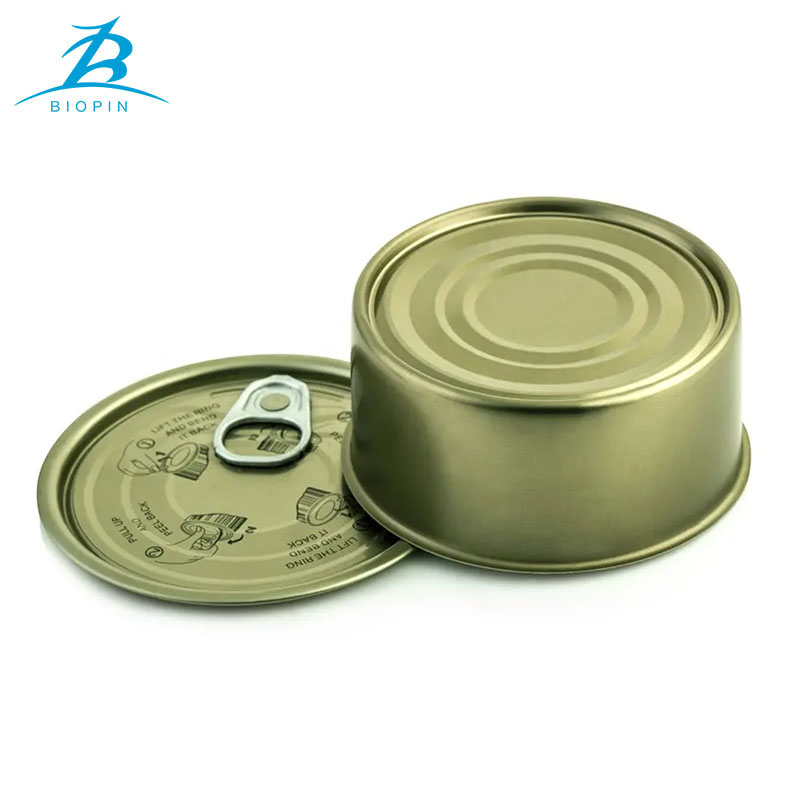La recyclabilité et la commodité parmi les raisons pour lesquelles les marques de boissons optent pour les emballages en aluminium
Feb 29, 2024
Les experts disent : « Alors que les consommateurs continuent de rechercher pratique et durable formes d'emballage, les grandes marques se tournent vers les canettes en aluminium pour se développer et lancer des boissons. Actuellement, plus de 80 % des nouveaux produits en Amérique du Nord sont emballés dans des canettes d'aluminium. » Les experts estiment que l'avenir des boissons, en particulier canette en aluminium boissons, ne fera que continuer à se développer. « En fonction des préférences des consommateurs, de nouvelles boissons apparaissent constamment, notamment les cocktails prêts à boire, les boissons énergisantes, l'eau gazeuse et les sodas bénéfiques pour la santé, qui préoccupent particulièrement les consommateurs et sont les domaines dans lesquels nous constatons le plus d'action. et la durabilité sont les deux principales exigences soulevées par les consommateurs. Canettes en aluminium sont un choix d'emballage « idéal » en raison de leur légèreté, de leur recyclabilité et de la commodité qu'ils offrent aux consommateurs, tout en restant l'une des options d'emballage de boissons les plus respectueuses de l'environnement. De plus, il existe des possibilités infinies de développer des marques grâce aux canettes en aluminium : avec des couleurs et des designs tendance et accrocheurs, des traitements de surface tactiles et des tailles différentes, les marques peuvent transmettre leurs messages et offrir des expériences de consommation de haute qualité et plus personnalisées. Les experts soulignent que la demande d'emballages de canettes en aluminium augmente régulièrement, en raison de facteurs tels que les préoccupations environnementales, les préférences en matière de style de vie, les stratégies de marketing visuel, les considérations liées à la qualité des produits, les tendances en matière de boissons artisanales et l'efficacité du processus de recyclage de l'aluminium. L'aluminium est hautement recyclable, et l'infrastructure existante prend en charge une collecte, un traitement et une réutilisation efficaces, en s'alignant sur des objectifs de durabilité plus larges. La prolifération de la consommation sur le pouce a stimulé la popularité des emballages pratiques comme les canettes en aluminium. Avec l'arrivée de nouveaux entrants dans l'industrie des boissons, les canettes en aluminium sont privilégiées pour leur emballage haut de gamme et distinctif, en particulier pour les boissons artisanales, les sodas et les boissons énergisantes. De plus, les canettes en aluminium servent de toiles créatives qui attirent l’attention des consommateurs, sont visuellement attrayantes et contribuent à une promotion efficace de la marque. L’essor des boissons artisanales, notamment les bières artisanales et les boissons gazeuses spécialisées, a créé un marché de niche pour les emballages uniques et visuellement attrayants, stimulant ainsi la demande d’aluminium. Les experts soulignent également les propriétés protectrices distinctes de l’aluminium, empêchant la lumière et l’air de pénétrer tout en garantissant la fraîcheur et la qualité des boissons. Cette caractéristique est cruciale pour des produits tels que la bière et les boissons gazeuses, pour lesquels le maintien de la saveur originale est de la plus haute importance. L’esthétique élégante et moderne des canettes en aluminium attire également les consommateurs et contribue de manière significative à la reconnaissance de la marque, en particulier sur le marché des boissons haut de gamme et spécialisées.
